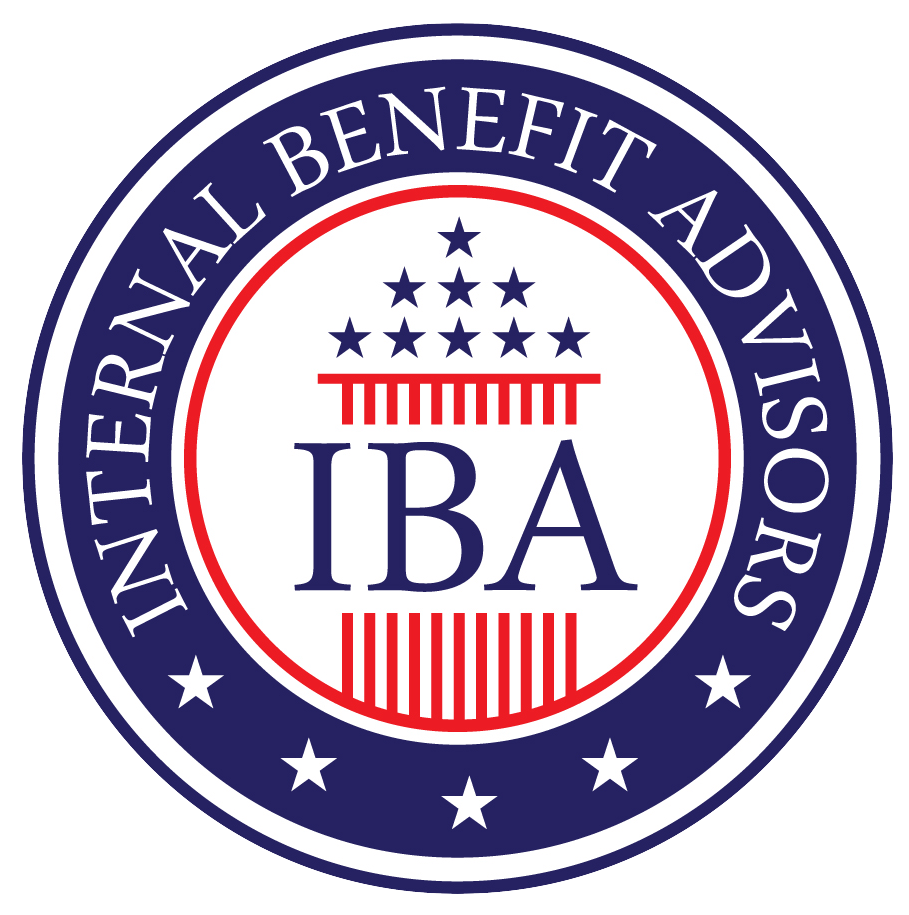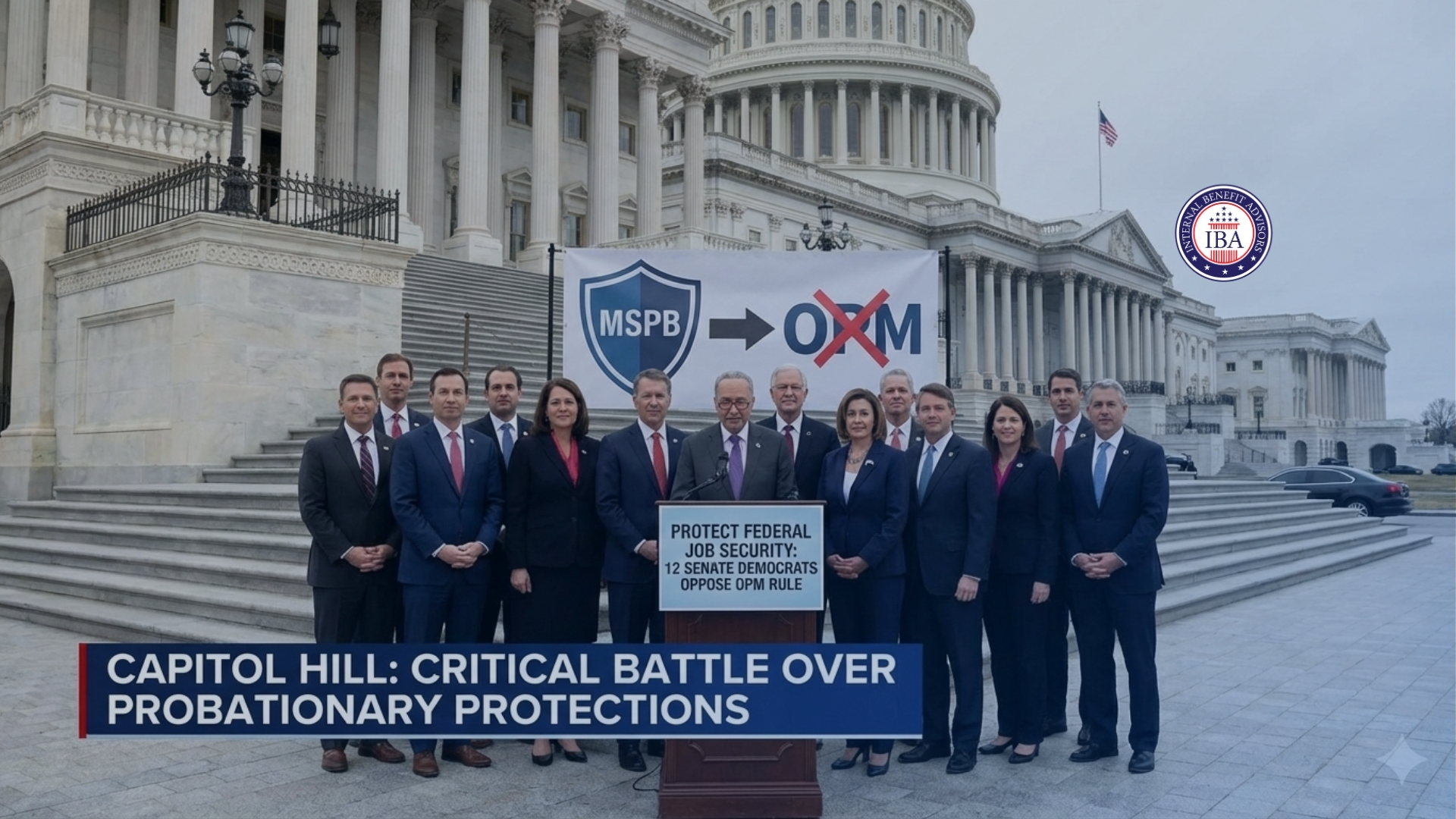“5 Critical Insurance Choices Every Federal Retiree Must Make”
Retirement marks a major transition for Federal Employees, especially when it comes to insurance coverage. According to a recent FedWeek article, failing to properly evaluate insurance options can lead to costly gaps in coverage. Here’s what you need to know to protect your Federal Retirement Benefits.
Key Insurance Decisions for Federal Retirees
- FEHB in Retirement – Should you keep your Federal Employees Health Benefits (FEHB) or switch to Medicare?
- Pro Tip: FEHB + Medicare Part B often provides the best coverage.
- Long-Term Care Insurance – With rising healthcare costs, is a standalone policy worth it?
- Life Insurance (FEGLI) Adjustments – Should you reduce, keep, or convert your coverage?
- Dental & Vision Plans – Federal dental/vision benefits end at retirement—private plans may be necessary.
- Supplemental Insurance – Consider Medigap or Medicare Advantage if dropping FEHB.
When you’re a Federal Employee in the middle of your career, retirement might seem like a distant star. You’re focused on your current responsibilities, perhaps contributing to your Thrift Savings Plan (TSP), and generally aware of your Federal Benefits. But did you know that some insurance decisions you think are only for “retirement time” actually benefit from early awareness and planning? Reading about “Key Insurance Decisions to Make in Retirement” can be an eye-opener, even if you’re years away.
Meet Tom: A Mid-Career Planner
Tom is a GS-13, about 15 years into his federal career. He’s a good saver and feels he’s on track with his TSP. He recently came across an article discussing insurance choices for retirees, and it sparked a thought: “Are there things I should be thinking about now concerning my insurance that will affect my Retirement Benefits later?”
He learned that while some decisions are made at retirement, understanding the landscape earlier is beneficial:
- Federal Employees Health Benefits (FEHB): Tom knew he had good health insurance. The article reminded him of the “5-year rule” – needing to be enrolled in FEHB for the five years immediately preceding retirement to carry it into his post-career life. “Good to keep that in mind for the long haul,” he thought. This continuous coverage is a cornerstone of Federal Retirement Planning.
- Federal Employees’ Group Life Insurance (FEGLI): Tom had the Basic FEGLI coverage. He learned that the cost of optional FEGLI coverage (like Option B) increases significantly with age, especially after retirement. While he might not need to make final decisions now, understanding how FEGLI works and its costs over time is important for long-term Retirement Planning.
- Insight: Some Federal Employees re-evaluate their need for extensive life insurance as they get older, their mortgage gets paid down, or their children become independent. Thinking about this progression early can inform current choices.
- Thinking Ahead for Long-Term Care: The topic of retirement insurance often brings up long-term care. While the Federal Long Term Care Insurance Program (FLTCIP) allows enrollment at various times, understanding the potential need for long-term care and how to finance it is a crucial part of comprehensive Federal Retirement Planning.
- Statistic: The cost of long-term care can be substantial. Planning early, whether through insurance or savings, can prevent financial strain later.
The Value of Early Knowledge
Tom realized that even though retirement was years away, understanding these aspects of his Federal Benefits now was empowering. It wasn’t about making drastic changes immediately, but about building a foundation of knowledge for future decisions. He considered reaching out to financial advisors who specialize in Federal Benefits for Federal Employees, like the team at Internal Benefit Advisors, not for immediate retirement processing, but for educational guidance. They could help him:
- Understand the long-term implications of his current FEGLI elections.
- Learn more about FLTCIP and when might be a good time to consider it.
- Ensure his overall financial planning, including his Thrift Savings Plan (TSP) contributions, aligned with potential future insurance needs.
Why This Matters for All Federal Employees, Regardless of Age
Proactive Federal Retirement Planning isn’t just for those on the cusp of leaving service.
- Did you know? You can generally decrease your FEGLI coverage at any time, but increasing it is usually restricted to specific life events or open seasons, which are rare for FEGLI.
- Think about it: Understanding your Retirement Benefits early allows you to make small, consistent adjustments that can have a big impact down the road.
Many seasoned Federal Employees advise their younger colleagues: “Don’t wait until the last minute to learn about your benefits. The more you know, and the earlier you know it, the better choices you can make.” By becoming informed now, you’re laying the groundwork for a more secure and less stressful transition into retirement, whenever that may be.
How These Choices Impact Your Retirement Security
- Healthcare costs can drain your Thrift Savings Plan (TSP) savings if not planned properly.
- Life insurance needs change—retirees often overpay for unnecessary FEGLI coverage.
- Long-term care could cost over $100,000/year—early planning is essential.
Expert Help from Internal Benefit Advisors
Navigating these decisions alone is risky. Internal Benefit Advisors specializes in Federal Retirement Planning, helping you:
✔ Optimize FEHB/Medicare combinations
✔ Compare long-term care insurance options
✔ Adjust FEGLI coverage for cost efficiency
“The wrong insurance choice can cost retirees thousands yearly. A consultation with a federal benefits expert pays for itself.” – Federal Retirement Review
Read FedWeek’s Full Guide Here
Final Recommendations
- Review all insurance policies 12-18 months before retirement
- Compare private vs. federal options (FEHB, FEGLI, dental)
- Consult a federal benefits expert – A single meeting can prevent costly mistakes
Keywords: Federal Retirement Planning, Retirement Planning, Federal Employees, Thrift Savings Plan, Federal Benefits, Retirement Benefits
References:
Secure your retirement with confidence—schedule a consultation today.




